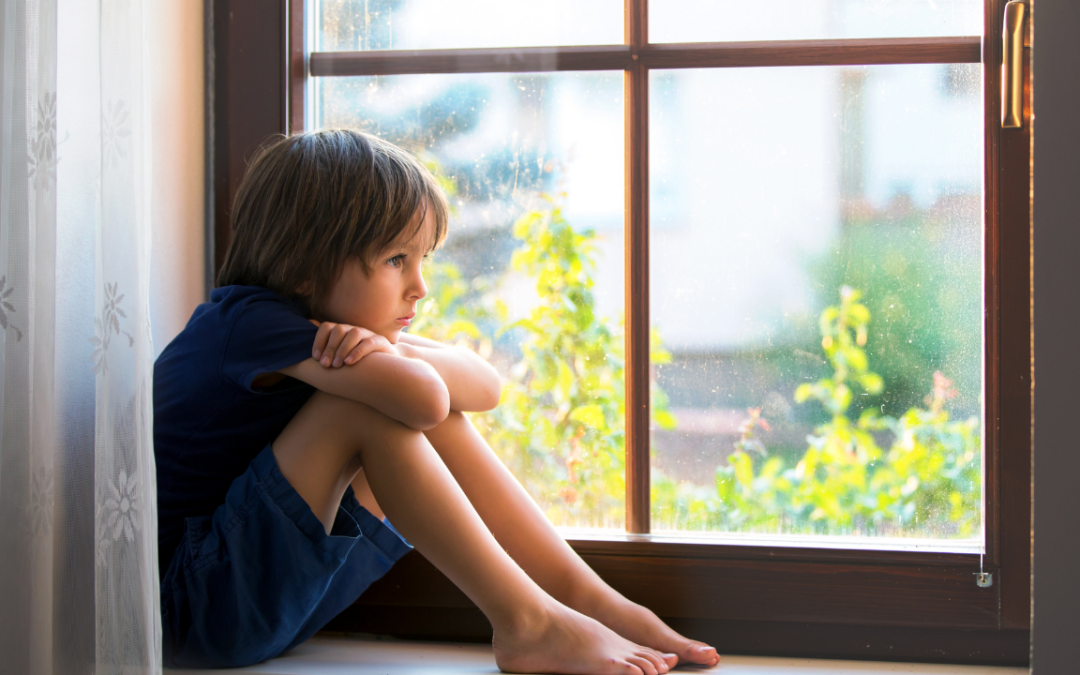Life can be hard for anyone, but when you add in the everyday stressors of military life, you can see why military families generally need more resources when it comes to their mental health.
As adaptive and resilient as military kids are, multiple deployments, frequent moves, making and then moving away from friends, dealing with differing school environments, and having a parent injured or die can have long-lasting effects on their mental health. But, it is important to remember that asking for help is a normal part of life, and you and your family should never feel like you have to take on the world alone.
If your military kid is experiencing mental or emotional distress, or if you just want to be proactive in nurturing their mental health, you can find support with some of the following resources:
Boys & Girls Clubs of America (BGCA)
For 30 years, Boys & Girls Clubs of America (BGCA) and the U.S. Armed Services have partnered to provide support and services to military-connected youth on- and off-installation through their Military Youth Outreach program.
Because military-connected youth face unique challenges, BGCA helps them access specialized opportunities, cultivate lifelong friendships, and develop the necessary resilience to build great futures.
Family Advocacy Program
Some teens have also experienced some form of domestic violence in their lives. The Family Advocacy Program, which can be found at every installation, is available to help with concerns about domestic or child abuse and problematic sexual behavior in youths.
There’s also the victim’s assistance directory that provides the phone numbers to several 24/7 hotlines available in each state.
And always remember — the National Domestic Violence Hotline can be reached at 800-799-7233 or 800-787-3224 in Spanish. If calling isn’t an option, you can chat live here, or text “START” to 88788.
Military Child Education Coalition (MCEC)
The Military Child Education Coalition (MCEC) offers several online interactive guides that provide useful information about behavioral health issues. Each guide gives an overview, understanding, key points, and resources for parents to take away from, communicate and learn when facing ADHD, anxiety, or depression with their military-connected child.
Military Kids Connect
Military Kids Connect is an online community designed for kids aged 6-17 whose parents are in the military.
They host a variety of topics and give kids an opportunity to engage in activities to manage stress, ask questions, tell their story, talk about tough topics and explore and learn about places they or their family members may be based.
Military OneSource
Military OneSource is a confidential Department of Defense-funded program providing comprehensive information on every aspect of military life at no cost to Active Duty, National Guard, and Reserve members, and their families.
Information includes, but is not limited to, deployment, reunion, relationships, grief, employment and education, counseling, parenting and childhood services.
Military OneSource has extensive family resources and tip sheets on all aspects of parenting and understanding the needs of children and teens. They can also provide access to confidential Military Family Life Counselors in your community or smooth out transitional bumps during a relocation through their School Liaison Program.
Moving Forward
Moving Forward is a free, online educational and life coaching program that teaches problem-solving skills to help you to better handle life’s challenges. It is designed to be especially helpful for Veterans, servicemembers, and their families.
National Suicide Prevention Lifeline
If your child is in suicidal crisis or emotional distress, dial 988 to connect with the National Suicide Prevention Lifeline. The three-digit number connects you with trained counselors who can help your child get the help they need right away.
Psychological Health Resource Center
The Psychological Health Resource Center is available 24/7 for servicemembers, Veterans, and family members with questions about psychological health topics.
Trained mental health consultants can help you access mental health care and community support resources in your local area.
Substance Abuse and Mental Health Services Administration (SAMHSA)
SAMHSA, the Substance Abuse and Mental Health Services Administration has several resources available to address mental illness and substance use in young adults.
Check out their audio and video files, learn the signs of mental and substance use disorders, and view their guide on starting the conversation with loved ones when it comes to getting the help they need.
TRICARE
TRICARE covers mental health services for beneficiaries of all ages. Learn about TRICARE’s mental health coverage:
Zero to Three
Zero to Three not only has tons of great resources on parenting babies and toddlers, but also hosts a wealth of resources to increase awareness and help address the needs of babies, toddlers, and their military-connected families.
Resources include board books for toddlers, informational booklets for parents, and professional guides all focused on strategies to strengthen the resilience of babies and toddlers in the military and Veteran families so they will have a strong start in life.
If you, your child, or someone you know is in crisis, contact the Military Crisis Line at 988, then press 1, or access online chat by texting to 838255.



